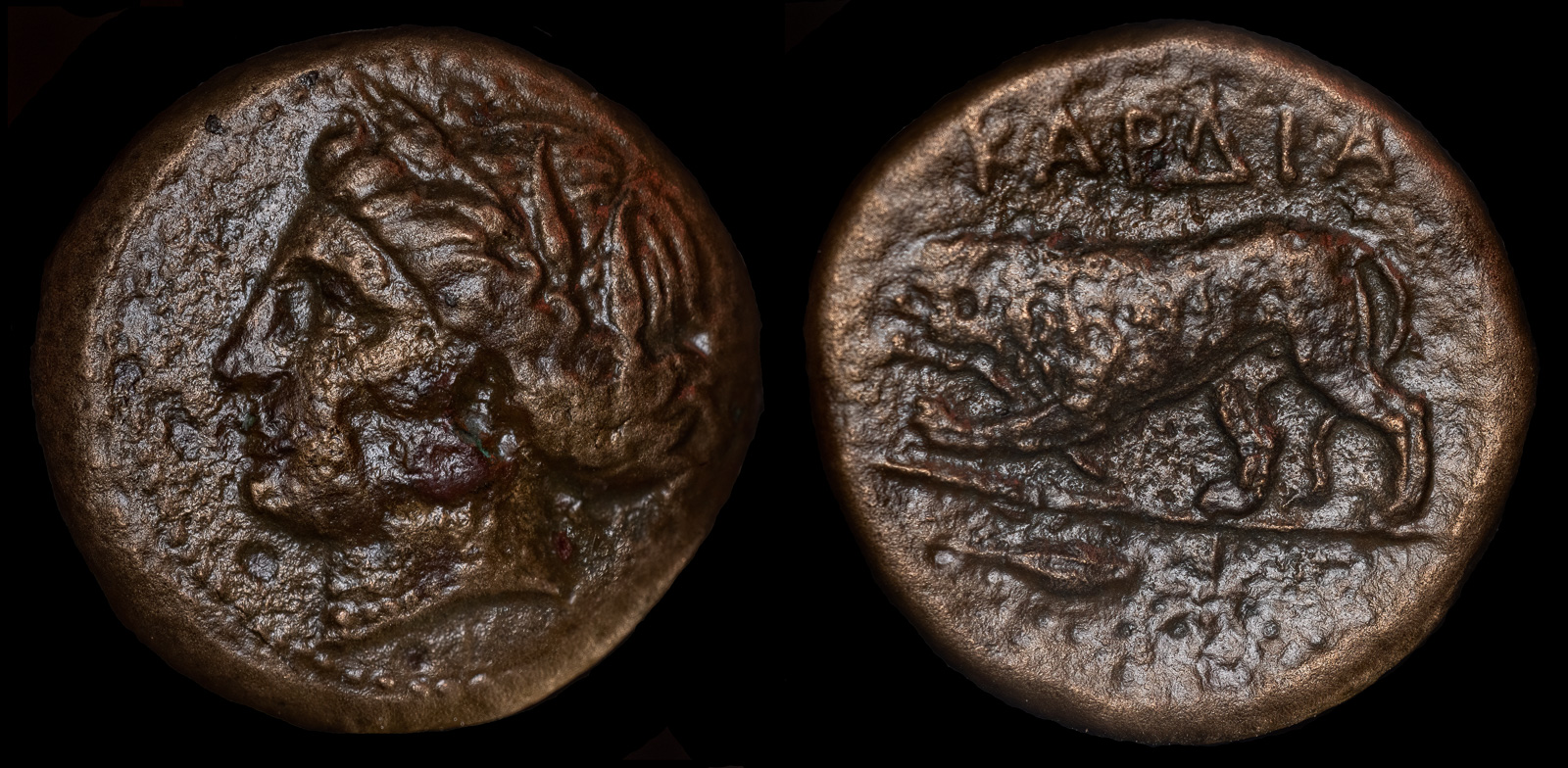Persephone
View All Tags
Devastated by the loss of her daughter, Demeter searched tirelessly for Persephone, refusing to allow the earth to bear fruit while her daughter was missing. As the goddess of the harvest, Demeter’s grief caused the land to become barren, leading to a period of famine and desolation. The gods, concerned about the suffering of mortals, eventually intervened, sending Hermes, the messenger god, to the Underworld to retrieve Persephone. However, Persephone had eaten six pomegranate seeds while in the Underworld, and as a result, she was bound to the realm of the dead for a portion of each year.
The gods reached a compromise: Persephone would spend six months of the year with Hades in the Underworld and the other six months with Demeter on Earth. This annual cycle of Persephone’s descent into the Underworld and her return to her mother became the foundation for the changing seasons. When Persephone is with Demeter, the earth flourishes, and spring and summer prevail. However, when she returns to Hades, Demeter mourns, and autumn and winter follow, marking the earth’s period of dormancy. The myth of Persephone’s dual existence symbolizes the cycle of life, death, and rebirth, reflecting both the eternal nature of the seasons and the emotional bond between mother and daughter.
Persephone’s story is also deeply connected to the Eleusinian Mysteries, ancient religious rites held in honor of Demeter and Persephone. These rituals, which focused on themes of life after death, promise of renewal, and the cyclical nature of existence, were central to the religious life of the ancient Greeks.

Kardia, Chersonese 350-309 BCE
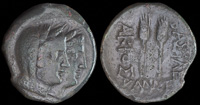
Kings of Scythia, Akrosas 195-190 BCE
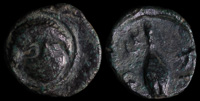
Krithote, Thrace 350-309 BCE
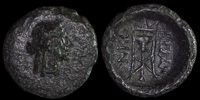
Kyzikos, Mysia 300-200 BCE

Kyzikos, Mysia 300-200 BCE

Kyzikos, Mysia 300-200 BCE
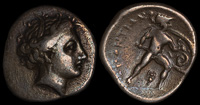
Lokris Opuntti 369-338 BCE
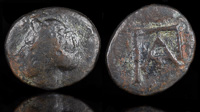
Pale, Kephallenia 4th cent BCE

Sestos, Chersonese 300 BCE

The Thesproti, Epeiros 335-325 BCE
